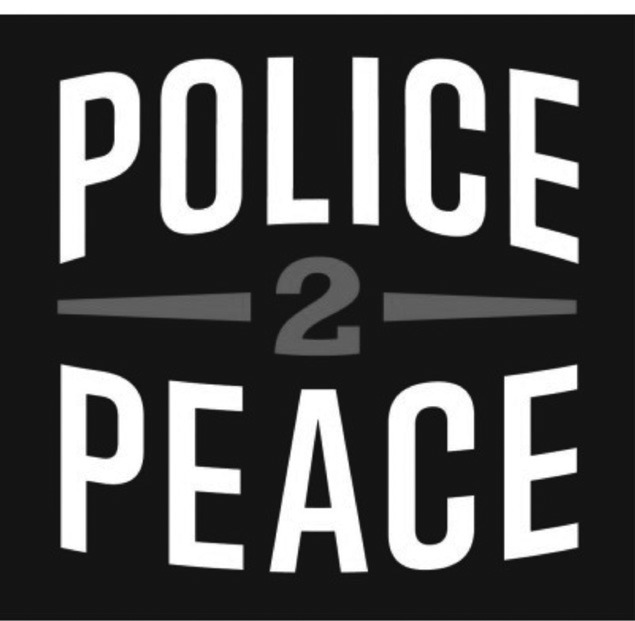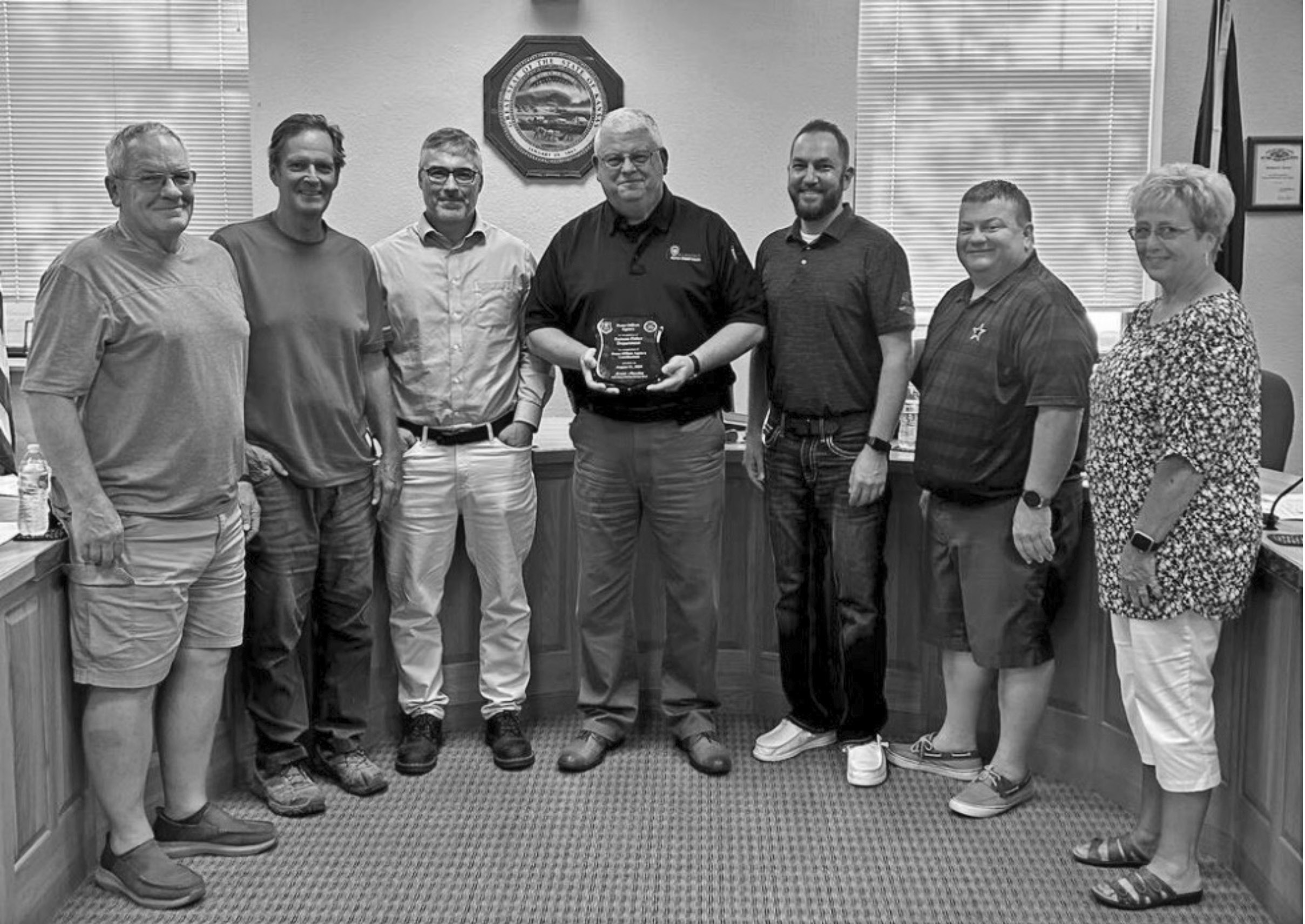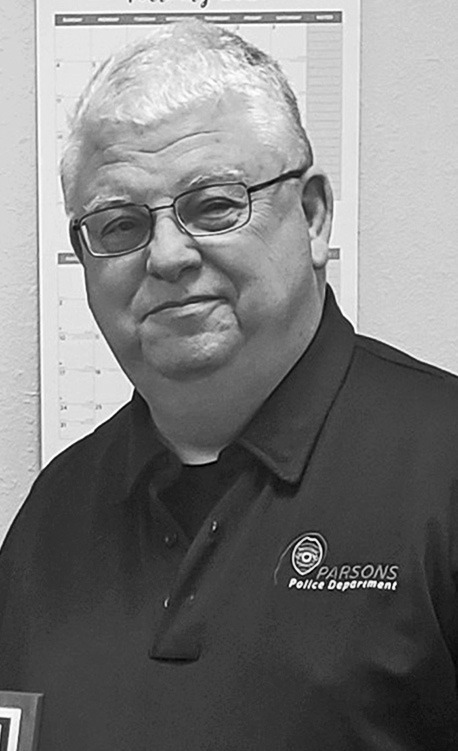Today, policing requires a foundation built upon effective, empathetic, and just policing. As the Chief of Police in Parsons, a rural community of 10,000 people in Southeast Kansas, I am proud to announce that our department is the first in the state to achieve Agency Peace Officer Certification through the Police-2Peace organization. This certifi cation marks a transformative step for our agency, aligning us with a national philosophy that enhances both the profession of policing and the quality of life for our citizens. The Police2Peace model promotes community-oriented policing by emphasizing peacekeeping at the heart of law enforcement, and it is a necessary evolution that all police leaders should embrace.
The Police2Peace Philosophy: Changing the Narrative Police2Peace’s vision is to change how law enforcement is perceived by the communities we serve and by officers themselves. This organization helps law enforcement agencies nationwide adopt a “Peace Officer” approach. This term redefines the role of police officers as active peacekeepers. This shift in mindset goes beyond semantics; it changes how we engage with citizens, train, and view our responsibilities.
At the core of the Police2Peace philosophy is the belief that officers are not just enforcers of the law but stewards of public trust. When officers see themselves as peacekeepers, their approach to policing becomes more holistic and community-centered. This approach has fostered greater trust between law enforcement and communities, leading to better cooperation, more effective crime prevention, and using the lowest level of force to gain the highest level of voluntary compliance.
In Parsons, where, like many small towns, close-knit relationships are a foundation of our community, the benefits of this approach are clear. The emphasis on peace helps officers approach their work with a focus on de-escalation and resolution, which resonates with our residents’ expectations for safety and fairness. Problem-solving has long been the bulk of policing nationwide, not merely enforcement.
Benefits for Policing and the Community
The certification we have achieved is not just about changing labels; it reflects a commitment to real change. The benefits of the Police2Peace model are wide-ranging: 1. Increased Public Trust: One of the most significant challenges in modern policing is the erosion of trust between the police and the communities they serve. By training officers to be peacekeepers, Police2Peace helps rebuild this trust, encouraging more open communication between the community and law enforcement. Research shows that when citizens trust the police, they are more likely to report crimes, cooperate with investigations, and participate in community safety initiatives. In Parsons, this trust is critical, as we rely on strong relationships with residents to address issues like domestic violence, drug abuse, and property crimes.
2. Community-Centered Policing: The “Peace Officer” certifi cation demonstrates a deep commitment to shifting the focus from traditional law enforcement to community engagement and peacekeeping. This certification equips officers with skills in de-escalation, cultural competency, and emotional intelligence, all of which help build trust with community members and address concerns more humanely and empathetically.
3. Enhanced Officer Well-Being: Policing is a high-stress profession, and officer mental health and job satisfaction are growing concerns. The peacekeeper philosophy encourages officers to prioritize their well-being by focusing on conflict resolution and community engagement, rather than seeing their role as purely enforcement based. This shift reduces the psychological toll of the job, leading to lower burnout rates and better retention of officers. In Parsons, where we work with limited resources, retaining our experienced officers is essential to maintaining the quality of our services. Community surveys in Parsons place citizen satisfaction and confidence above 80%, more than twice the national average.
4. Use of Force: One of the hallmarks of the peacekeeper approach is de-escalation. Officers are trained to use the lowest level of force to achieve lawful compliance and to seek peaceful resolutions whenever possible. Data from agencies that have implemented the Police2Peace model show significant reductions in use-of-force incidents, enhancing public safety and reducing legal liabilities for police departments.
5. Community Empowerment: Police2Peace extends its training to officers, citizens, and elected officials. This holistic approach ensures that everyone understands their role in promoting peace and safety. Community members are encouraged to participate actively in problem-solving and crime prevention. At the same time, elected officials are given the tools to support policies that foster a peaceful and prosperous environment. Through active community outreach and events combined with community surveys and a 20-member Public Safety Advisory Board, the Parsons Police are community-centered.
Training for Officers, Citizens and Leaders
One of the most valuable aspects of the Police2Peace certifi cation is the comprehensive training it offers. This means officers need to learn advanced de-escalation techniques, confl ict resolution strategies, and mental health awareness. This is wrapped around the foundation of Effective, Emphatic, and Just policing. However, the training does not stop with law enforcement professionals. Police2Peace offers training for citizens, teaching them how to work alongside officers to create a safer community. Elected officials are also included, learning how to shape policies that support a peace-centered approach to public safety.
This broad-based training is essential for the success of community policing. Instead of just focusing on community policing during police academy training, Poluce2Peace provides an ongoing structure. The agency peace officer certification requires a review every two years. When officers, citizens, and leaders share a common understanding of peacekeeping, we create a united front against crime and disorder. At Parsons, we have already seen the positive impact of this training through increased community engagement and more effective problem- solving efforts.
The Evolution of Community-Oriented Policing Community-oriented policing is not a new concept, but it is evolving. The Police2Peace certification represents the next step in this evolution. Traditional community policing focuses on building relationships and addressing the root causes of crime. The peacekeeper model takes this further by embedding the principle of peace in every officer interaction. This shift changes the culture of policing from within, ensuring that officers are trained to fight crime and build stronger, more resilient relationships and communities.
This transformation or continuing evolution is about reducing crime and fostering trust and collaboration with the community, which leads to long-term safety and stability.
As police leaders, we must embrace this evolution. The demands on law enforcement continue to evolve, and the public expects us to do more than respond to emergencies. They want us to be problem-solvers, collaborators, and peacekeepers. By adopting the Police2Peace philosophy, we meet these expectations and set a new standard for policing in Kansas and beyond.
A Call to Action
The peacekeeper certification we have achieved in Parsons is not just a badge of honor but a pioneering step for Kansas. Poilce2Peace is a model for how law enforcement can advance modern fairness, transparency, and justice values. It is a commitment to our community’s future. I encourage other police departments across Kansas and the nation to consider this path. Together, we can transform law enforcement, making our communities safer, more just, and more peaceful.
The approach offered by Police2Peace could set a new standard for policing across the state, contributing to broader reform efforts to ensure equitable treatment for all citizens. It is a playbook every police executive should invest in.
Peacekeeping is not a passive act but a proactive strategy that empowers officers and citizens alike. The time for change is now, and I am proud that Parsons is leading the way.






